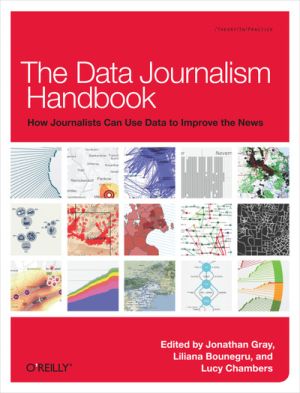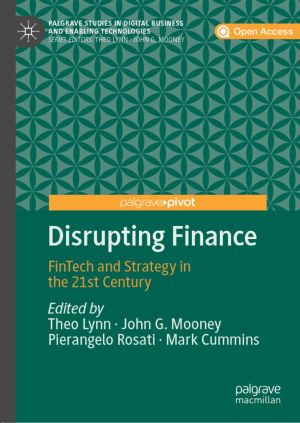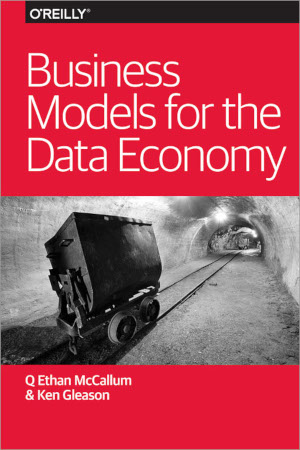Business Models for the Data Economy
by Q Ethan McCallum, Ken Gleason
DescriptionTable of ContentsDetailsHashtagsReport an issue
In this paper, we'll share a framework we developed around monetizing data. We'll show you how to think beyond pure collection and storage, to move up the value chain and consider longer-term opportunities. 






Book Description
You're sitting on a pile of interesting data. How do you transform that into money? It's easy to focus on the contents of the data itself, and to succumb to the (rather unimaginative) idea of simply collecting and reselling it in raw form. While that's certainly profitable right now, you'd do well to explore other opportunities if you expect to be in the data business long-term.In this paper, we'll share a framework we developed around monetizing data. We'll show you how to think beyond pure collection and storage, to move up the value chain and consider longer-term opportunities.
This open book is licensed under a Creative Commons License (CC BY). You can download Business Models for the Data Economy ebook for free in PDF format (9.2 MB).
Table of Contents
Section 1
Collect/Supply
Section 2
Store/Host
Section 3
Filter/Refine
Section 4
Enhance/Enrich
Section 5
Simplify Access
Section 6
Analyze
Section 7
Obscure
Section 8
Consult/Advise
Section 9
Considerations
Book Details
Title
Business Models for the Data Economy
Subject
Computer Science
Publisher
O'Reilly Media
Published
2013
Pages
21
Edition
1
Language
English
ISBN13 Digital
9781449372231
ISBN10 Digital
1449372236
PDF Size
9.2 MB
License

Related Books

The spread of the Internet into all areas of business activities has put a particular focus on business models. The digitalization of business processes is the driver of changes in company strategies and management practices alike. This textbook provides a structured and conceptual approach, allowing students and other readers to understand the com...

How do social networking services earn money?What is the "second hand of the market" and how does it operate? Why does society need so many different kinds of goods? What does happiness economics not reveal about happiness?What is the link between talent, success and "stardom"? What is the business development model for the ent...

When you combine the sheer scale and range of digital information now available with a journalist's "nose for news" and her ability to tell a compelling story, a new world of possibility opens up. With The Data Journalism Handbook, you'll explore the potential, limits, and applied uses of this new and fascinating field.
This ...

This open access Pivot demonstrates how a variety of technologies act as innovation catalysts within the banking and financial services sector. Traditional banks and financial services are under increasing competition from global IT companies such as Google, Apple, Amazon and PayPal whilst facing pressure from investors to reduce costs, increase ag...

David Harvey's The Condition of Postmodernity rationalised capitalism's transformation during an extraordinary year: 1989. It gave theoretical expression to a material and cultural reality that was just then getting properly started - globalisation and postmodernity - whilst highlighting the geo-spatial limits to accumulation imposed by o...

The main objective of this book is to develop a strategy and policy measures to enhance the formalization of the shadow economy in order to improve the competitiveness of the economy and contribute to economic growth; it explores these issues with special reference to Serbia. The size and development of the shadow economy in Serbia and other Centra...

